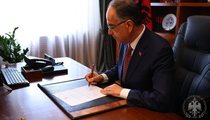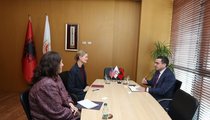From 'peace through strength' to cutting off aid: Day one of Trump's foreign policy!
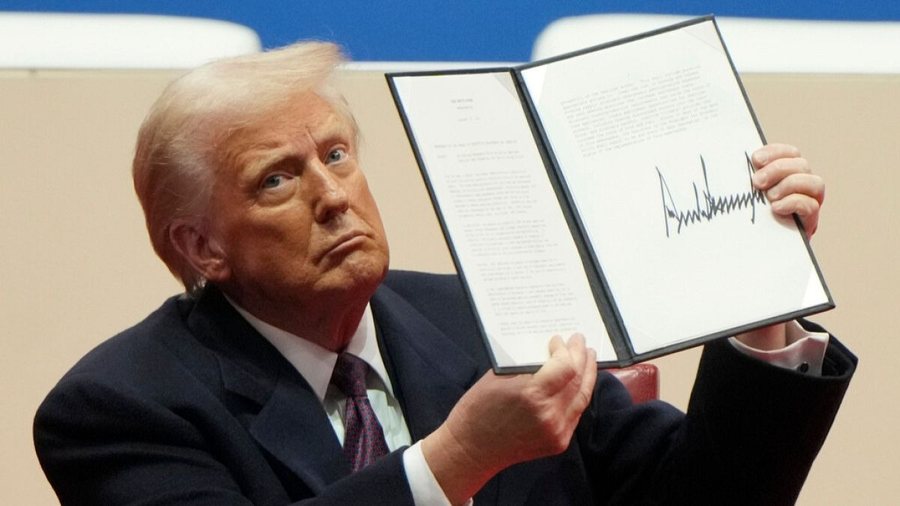
Donald Trump withdrew from a historic climate agreement and the World Health Organization (WHO), advanced his vision of "peace through strength" and expressed doubts about the ceasefire between Israel and Hamas on his first day as US president.
In one of many executive orders he signed shortly after being inaugurated as the 47th US President on Monday, Trump withdrew the country from the Paris climate agreement, repeating a move he made during his first term that was reversed by his successor, Joe Biden.
Trump's order said the deal is one of a series of international agreements and organizations that do not reflect U.S. values and that "directs American taxpayer dollars to countries that do not require or deserve financial assistance in the interests of the American people." A salute to the "America First" doctrine that he first unveiled in 2017 and which he has revived for his second term.
"Peace through strength"
In a speech at the Commander-in-Chief's inaugural ball, Trump said the US would achieve "peace through strength," a phrase often attributed to the 40th president, Ronald Reagan. "We will measure our success not just by the battles we win, but by the wars we end and perhaps most importantly, the wars we never enter. It's called peace through strength," Trump said.
Ukrainian President Volodymyr Zelenskyy acknowledged his comment in a social media post, saying: "President Trump is always decisive, and the peace through force policy he announced offers an opportunity to strengthen American leadership and achieve a long-term and just peace, which is the top priority."
Details on how Trump would broker a peace deal between Russia and Ukraine, however, are scarce. When asked during an impromptu press conference in the Oval Office, Trump said he would meet with Russian President Vladimir Putin "very soon" and said the Russian leader is "destroying" Russia by refusing to negotiate a ceasefire with Ukraine.
"I need to talk to President Putin, we're going to have to find out. He can't be excited. He's not doing so well," Trump said, adding that Zelenskyy "wants to make a deal."
Israel and Hamas
Asked by a White House reporter if he thought Israel and Hamas would uphold a ceasefire deal agreed to days before Trump entered the White House, Trump said: "This is not our war, it's their war. But I don't have confidence."
Days earlier, Trump claimed credit for the three-phase ceasefire agreement between Israel and Hamas, the product of months of negotiations with the US, Qatar and Egypt. The agreement, which was based on what Biden's negotiating team presented in May, took effect on Sunday after delays on the Israeli side.
However, Trump has now rescinded sanctions imposed by the Biden administration on extremist Israeli settler groups and individuals accused of abusing and attacking Palestinians in the occupied West Bank.
According to the Times of Israel, the order was used against 17 individuals and 16 entities over the past year, including settlers who the US said had violently attacked Palestinians and illegally expelled them from their land. Israeli Prime Minister Benjamin Netanyahu reportedly raised the issue with Trump before his inauguration.
Pause in foreign aid
In another executive order signed on Monday, Trump temporarily suspended all U.S. foreign aid programs for 90 days pending review, a move that Secretary of State Marco Rubio had hinted at a week earlier.
It is not immediately clear how many millions of dollars would initially be affected by the order, as the distribution of US foreign aid for many programs has already been mandated by Congress and thus forced to be spent.
Trump's order means Rubio or a new appointee will determine whether and where foreign aid should be spent. Rubio said last week that all funding proposals must answer three questions: "Does it make America safer? Does it make America stronger? Does it make America more prosperous?"
Trump has long complained about U.S. foreign aid spending, as well as the money the U.S. has spent to help Ukraine in its fight against Russia. The latest official foreign aid accounting under the Biden administration showed that $68 billion (65 billion euros) was earmarked for initiatives abroad, ranging from disaster relief to health and pro-democracy initiatives in 204 countries and regions, according to the AP.
Countries like Israel, Egypt, and Jordan are some of the largest recipients of foreign aid from the U.S. They are unlikely to see dramatic reductions in what they receive, at least in the short term, as their donations are included in packages that were created decades ago.
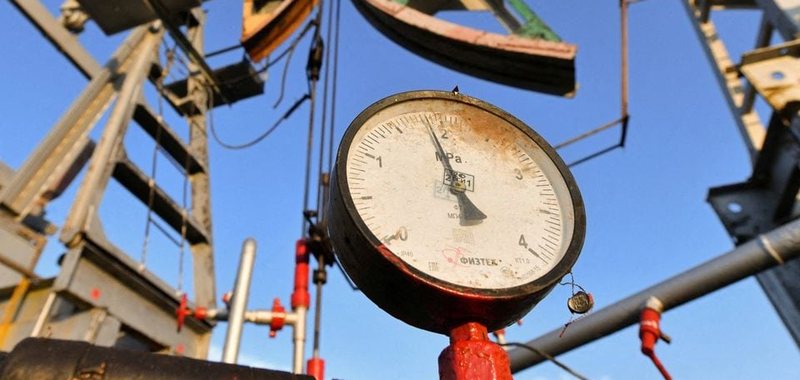
Russian oil exports to fall in 2024 - Drone attacks and Western sanctions among the main factors
Russian exports of oil products by sea fell by almost 10% in 2024 after Ukrainian drone attacks damaged key refineries. Higher financing costs and pressure......

Why do Albanians buy used clothes? - Imports of second-hand clothing increased in 2024
Cheaper prices, quality and original brands, or clothing different from what is sold in markets or stores, are the reasons why girls and women mainly buy......
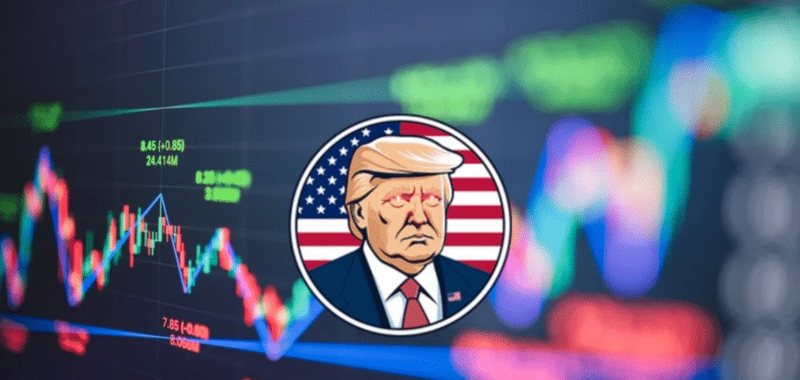
Can Albanians invest in Trump's crypto? - Expert: It is done through several routes, these are short-term investments
Trump is shaking up the financial world, not just with his economic agenda, but also with a movement. He has introduced a memecoin called STrump, making......

"Boom" of loan requests from businesses - BoA: Even the rejection rate from banks was lower in October-December 2024
Banks have approved more business loans in the last 3 months of 2024, as a result of bank policies regarding collateral, business financial statements, lower......

Project, "National Single Window" is established - Customs, full access to information. Business costs are reduced by 10%
The Albanian government plans to create the National Single Window (NSW) within the next year. But what is it and what will it be used for? The Single......

“Collaboration for the Intelligent Age” - Theme of the World Economic Forum in Davos
Davos is welcoming global leaders for the World Economic Forum 2025 this week, meeting under the slogan “Collaborating for the Intelligent Age.” Discussions......
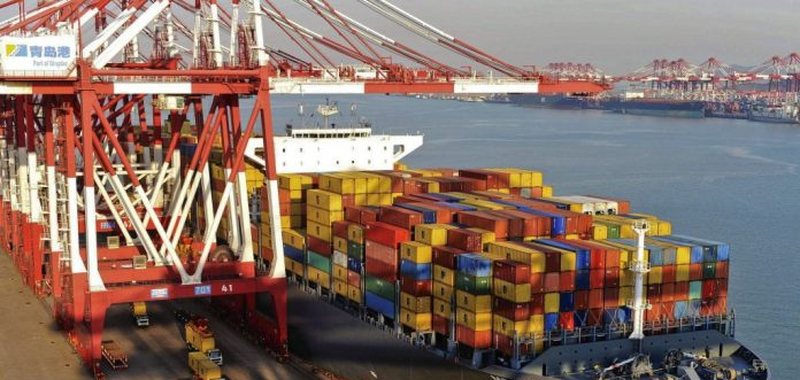
What were Albania's new markets in 2024? Albanian products "traveled" to Andorra and Cape Verde
In recent years, Albania has demonstrated an extraordinary commitment to expanding its trade horizons. With a strong focus on diversifying export markets,......
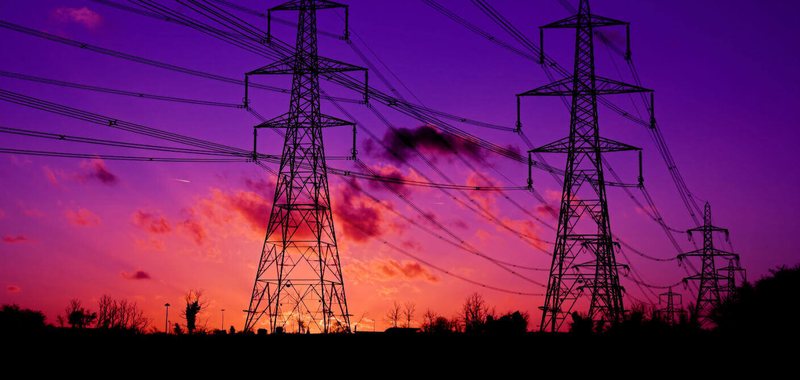
30 million euros of investments in the electricity network - OSHEE: Interventions include 3 components, improving service for citizens
The Electricity Distribution Operator has opened the international tender for the project “Energy Distribution Investment Program I”, inviting interested......








